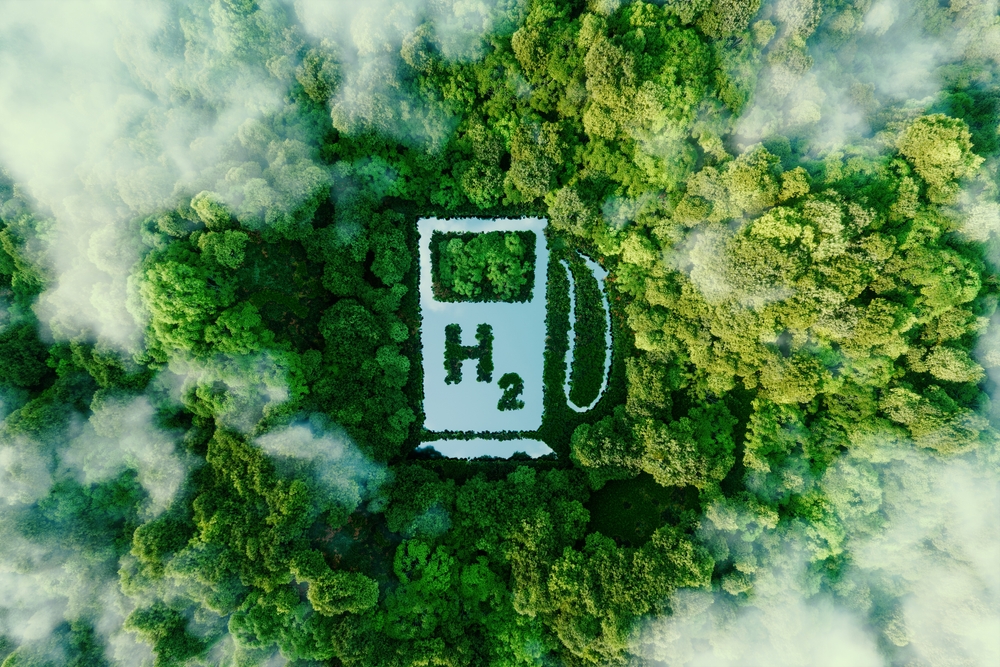A Glimpse into the Future: The Emergence of Hydrogen Fuel Cell Vehicles
An exciting development is reshaping the automotive industry; a technology that has the potential to revolutionize our driving experience, while reducing environmental impact. This is the dawn of Hydrogen Fuel Cell Vehicles (HFCVs), a notable shift from traditional fuel sources that promises a sustainable future.

A New Era in Fuel Technology
The concept of HFCVs is not a recent invention. The idea dates back to the 19th century when Sir William Grove invented the first hydrogen fuel cell. However, it’s only in the last few decades that advancements in technology have transformed this concept into a feasible reality. HFCVs operate on a simple principle: they convert the chemical energy of hydrogen and oxygen into electrical energy, which powers the car’s engine. The only byproduct released is water, making HFCVs an environmentally friendly alternative to traditional combustion engines.
The Current State of Hydrogen Fuel Cell Technology
Today, several automakers have embraced hydrogen fuel cell technology, with Toyota, Hyundai, and Honda leading the pack. The Toyota Mirai, Hyundai Nexo, and Honda Clarity are prime examples of HFCVs that are currently on the market. These vehicles not only offer zero-emission driving but also provide a range and refueling time comparable to traditional gasoline vehicles, addressing some of the key concerns associated with electric vehicles.
The Impact of Hydrogen Fuel Cell Vehicles on the Automotive Industry
The introduction of HFCVs has significant implications for the automotive industry. First, it provides an additional avenue for achieving sustainability goals, helping to reduce the industry’s carbon footprint. Second, it presents an opportunity for automakers to diversify their product offerings, potentially attracting new customers. However, there are challenges to overcome. The lack of hydrogen refueling infrastructure and the cost of producing hydrogen fuel cells are significant hurdles.
The Future of Hydrogen Fuel Cell Vehicles
Despite the challenges, the future of HFCVs looks promising. Various research and development initiatives are underway to improve the efficiency of hydrogen production and reduce the cost of fuel cells. Moreover, governments worldwide are stepping up their efforts to develop hydrogen infrastructure, acknowledging the role of HFCVs in a sustainable transport future.
The Road Ahead
The emergence of Hydrogen Fuel Cell Vehicles represents a significant shift in the automotive industry. As we move towards a more sustainable future, these vehicles offer a promising alternative to traditional fuel sources. While challenges exist, the potential benefits in terms of environmental impact and diversification of the automotive market cannot be ignored. As HFCVs continue to evolve, we may soon witness a new era in automotive technology, where sustainability and performance coexist in harmony.
In conclusion, the automotive world is at the precipice of change, with Hydrogen Fuel Cell Vehicles leading the charge towards a cleaner, greener future. This technology not only promises to revolutionize our driving experience but also has the potential to significantly reduce the environmental impact of road transport. As we navigate this exciting new frontier, one thing is certain: the road ahead is filled with possibilities.




